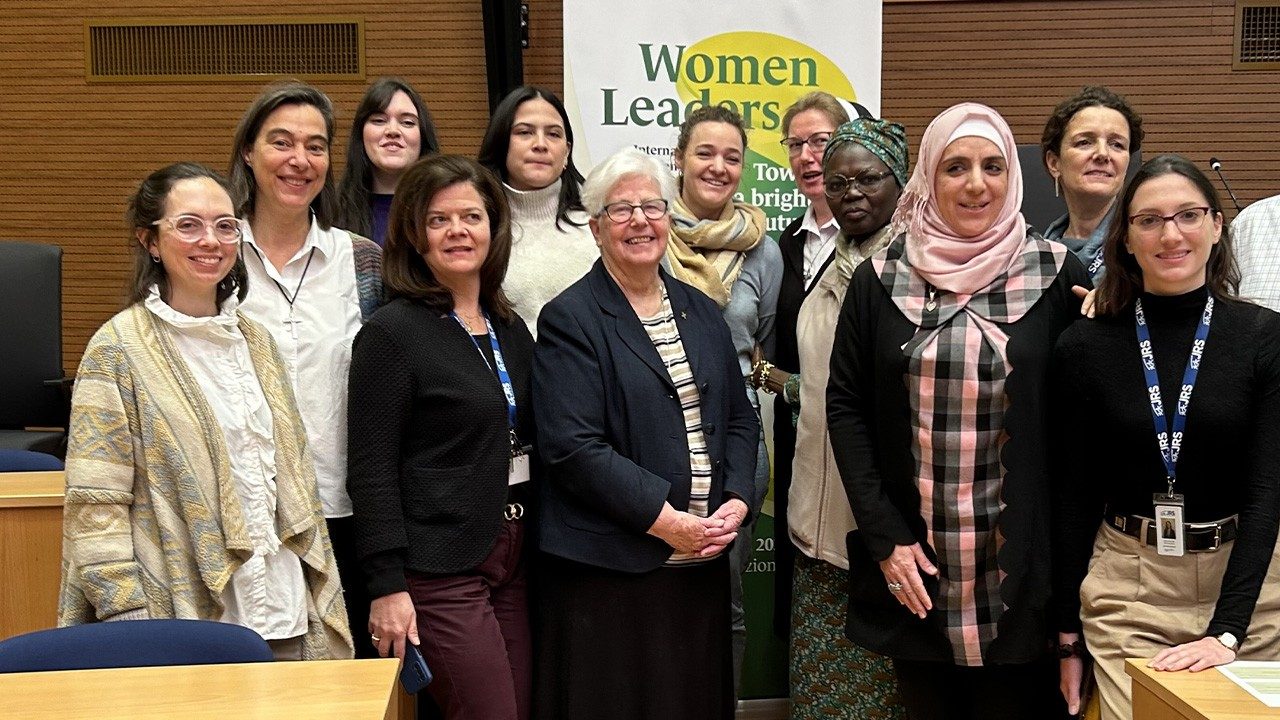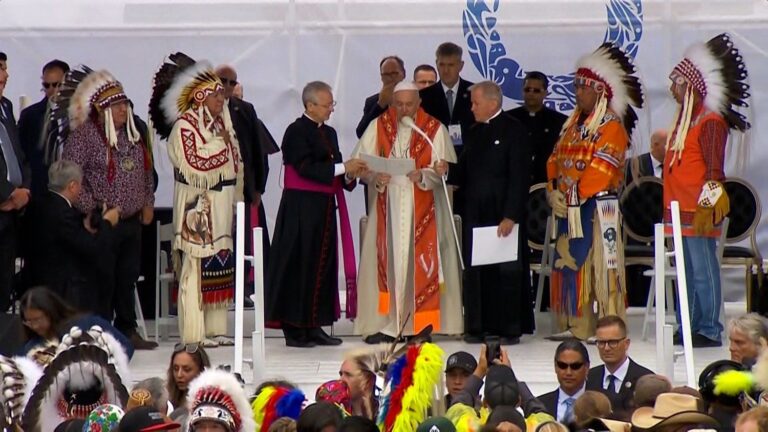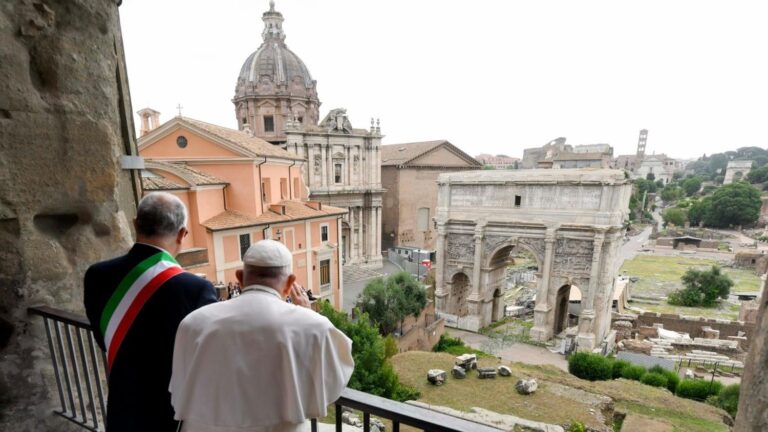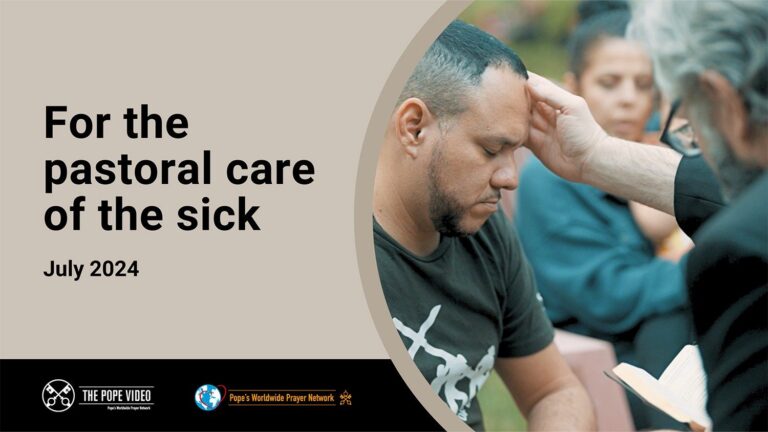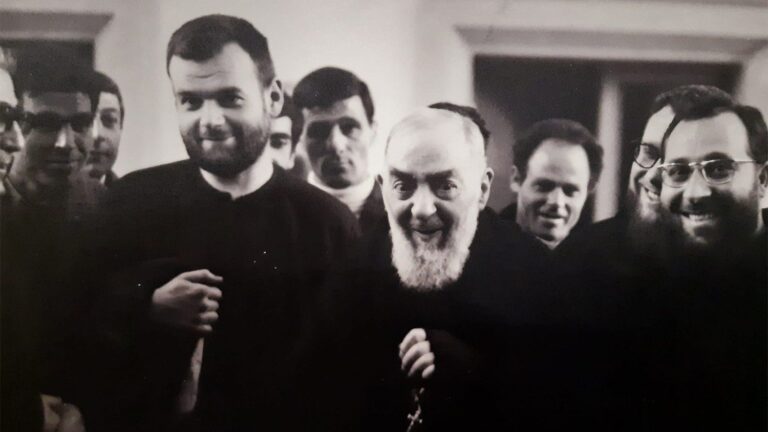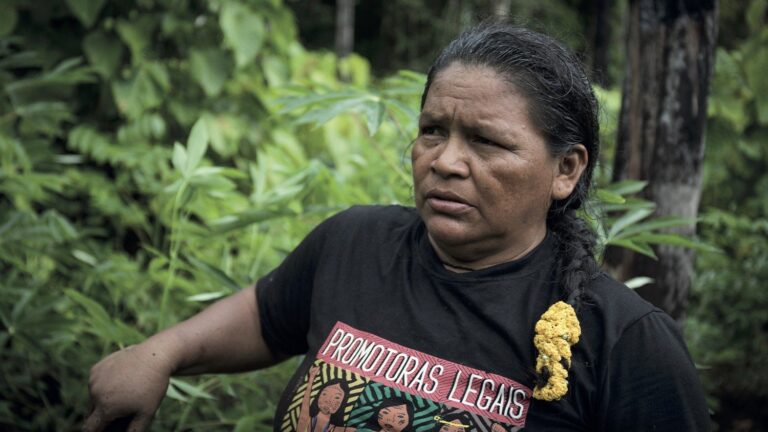Women leading the way to a brighter future
Vatican news
Women and men from around the world are gathering in Rome to highlight the leadership role women play in the Church, at a conference titled “Women Leaders: Toward a Better Future.”
By Claudia Torres
On the occasion of International Women's Day, women and men from different countries and areas of expertise gathered at the Jesuit General Curia in Rome for the conference “Women Leaders: Towards a Better Future”.
Held on Wednesday, March 6, the sessions focused on the empowerment of women in the Catholic Church; success stories showing how education, economic empowerment and skills development have contributed to the empowerment of women in different parts of the world; and proposals to increase collaboration between religious and government actors.
The conference was organized by Caritas Internationalis and the British and Australian embassies to the Holy See, and moderated by Giulia Isabel Cirillo, advocacy coordinator of the International Union of Superiors General (UISG).
To open the conference, Fr. Arturo Sosa Abascal SJ, Superior General of the Society of Jesus, read a message sent by Pope Francis to the participants.
Signed by the Substitute of the Secretariat of State, Mgr. Edgar Peña Parra, the message communicated the Pope's appreciation for the event and for the invitation to participate in it.
“Although he cannot attend the event,” the message reads, the Holy Father “invokes to the participants the gift of wisdom of Almighty God and prays that the deliberations of the Conference bear fruit in an ever greater commitment on the part of all, in the Church and throughout the world, to promote respect for the equal and complementary dignity of women and men. »
Setting the stage for the day's discussions, Australian Ambassador to the Holy See, Ms. Chiara Porro, noted that there was still much work to be done in women's leadership.
She spoke about the challenges of becoming and being recognized as a leader, noting that “for women, this challenge is twofold.”
In fact, “to get to the top,” she said, “we have to stand out, exceed expectations, prove that we are worthy of equality.”
An equality that remains elusive, according to Kirsty Robertson, CEO of Caritas Australia and vice-president of Caritas Internationalis, who explained in a video message broadcast at the event, that women are disproportionately affected by poverty, and yet , “despite some significant progress in poverty”. change this in recent years, in no country have women achieved economic equality with men.
However, she noted that even if “the face of poverty remains that of a woman”, women are also the face of change and “creators of hope at the grassroots and up to the places of power”.
This power to create change was highlighted by panelist Sr Maria Nirmalini AC, national president of the Conference of Women Religious of India (CRI), who said that until recently, consecrated women in India did not had no platform to denounce abuse and violence. other injustices.
On March 10, 2023, the CRI inaugurated a “grievance resolution cell”, a space allowing nuns to express themselves freely on all forms of abuse.
Sister Nirmalini also discussed leadership development programs that have been launched to help nuns working in violence-affected areas, particularly in the Eastern regions.
Meanwhile, from Mexico, Sister Ruperta Palacios Silva, Carmelite missionary of Santa Teresa and Afro-Mexican pastoral secretary of Caritas Mexicana, spoke on behalf of communities of African descent in Latin America and the Caribbean, saying: feel underrepresented in the Church.
Although approximately 200 million people identify as Afro-descendant on the continent, she explained, these communities remain largely invisible in the Church and are often and wrongly lumped in with indigenous populations, despite their contexts. , cultures and different lifestyles. outside of faith.
To emphasize this diversity, she described the unique image of God among Catholics of African descent: “For us, God is not a serious man. Because sometimes that's the image we see: a very solemn God, a God at whom we are not allowed to smile.
For Catholics of African origin, God is more associated with joy, dance and celebration. Sister Palacios added that despite their suffering and “invisibility,” people of African descent are full of life and hope.
Speaking more from a theological perspective, Dr Maeve Heaney, Director of the Xavier Theology Center at the Australian Catholic University, reflected on authority and governance in the Church and their relationship to the priesthood , as well as the theological anthropology that underpins leadership.
In this regard, she noted that “many theological anthropologies, that is, ways of understanding the human person, 'essentialize' too much what men or women bring to the table in a way that is unnecessary and does not reflect real human experience. »
She called for greater investment in the theological education of women leaders as well as greater scriptural and theological reflection to enable women and other lay people to help “make the structures and agencies of Church more effective, collaborative and, hopefully, more in line with the way Jesus imagines.” his body.”
Meanwhile, Alistair Dutton, Secretary General of Caritas Internationalis, shared the leadership example of Mama Maggie, a woman who traveled to one of the poorest Muslim areas of Aleppo, Syria, with a Caritas team, to bring aid to a community that had spent years on the front lines of the conflict.
“Maggie has led this team and, day in and day out, she has been out in the community,” doing very practical work like providing food, bedding and clothing, creating “child-friendly spaces so children can play and help the community heal.” a community.”
Mr Dutton described how people in the Aleppo community admire Maggie because of her tireless care, a testament to her high level of “leadership and commitment”.
As for concrete ways to promote greater partnership between the Catholic Church, faith-based organizations and governments committed to the empowerment of women and girls, Sister Helen Alford, OP, president of the Pontifical Academy of Social Sciences , first emphasized the need for the Catholic Church to find more effective ways of telling the history of the Church.
To this end, she recommended the use of data to help people, especially those in government positions, understand the mission and work of the Church worldwide to promote dialogue and decision-making successful.
“Data is becoming a language in which we express ourselves in today's society,” she said, but the Catholic Church doesn't really have a culture in this area. She joked that if Saint Paul were here today, he would use data rather than Greek philosophy to spread the message of Jesus.
To conclude the conference, the British Ambassador to the Holy See, Christopher Trott, thanked the speakers, participants and organizers, and expressed his hope that the conversation on women's leadership and women's rights continues, because, he declared, these are subjects “worthy of interest”. more time, more energy and more commitment.
Vatican news
sc
